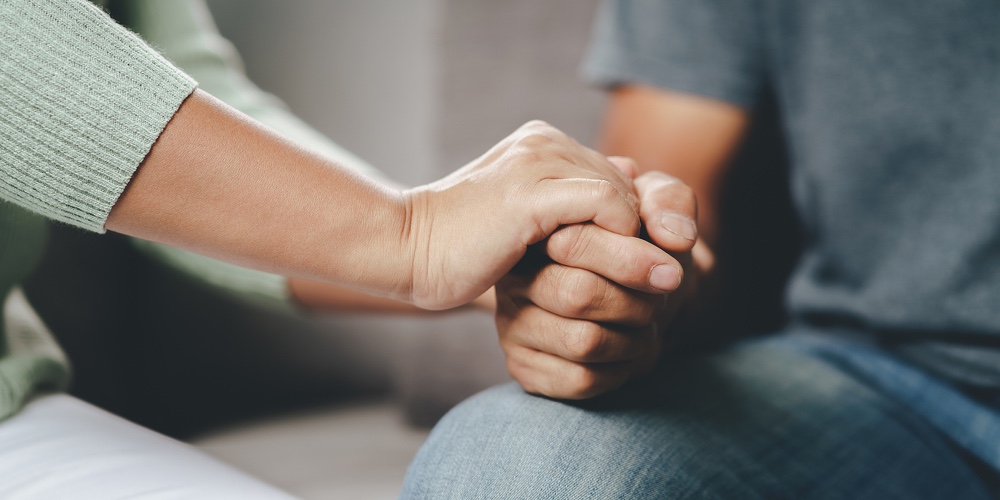Empathy can help us all in challenging times

It feels that we are experiencing a near constant state of change, unrest, and disruption. Yup, this is called life. If we objectively look back over the years and decades it would be difficult to identify a time where my first sentence was not relevant and true. My parents who are in their late 80’s have experienced and lived through economic depression, multiple times of war, political and social unrest, violence, global disease, etc., etc., etc.
Is it worse now? Maybe. Does it just feel worse now due to the constant barrage of media and opinions around every issue imaginable. Maybe. Are we more divided as a country than ever before? Maybe.
All the questions above are valid and garner a lot of attention. And to some extent are irrelevant in terms of how each of us choose to show up and impact those around us. By that I mean we can each choose to focus on things that worry or upset us, or we can focus on areas that we can control and impact. We can choose to focus on our thoughts, our behaviors, and our interactions.
Focusing on empathy can lead to more positive and productive environments and relationships. That sounds simple, but in difficult situations and moments we may miss the opportunity to connect with others in meaningful and positively impactful ways.
“Empathy is about standing in someone else’s shoes, feeling with his or her heart, seeing with his or her eyes. Not only is empathy hard to outsource and automate, but it makes the world a better place.” – Daniel H. Pink
A basic human need is to be heard and understood – not necessarily agreed with, just heard and understood. Empathy is not about agreement or disagreement, and it is not sympathy. Empathy is simply having the willingness and humility to understand where someone else is, how they feel. I don’t have to feel the same way, I may not necessarily agree with the other person’s perspective or beliefs, but I can still try to simply understand them. So much time and energy can be spent on trying to convince others to think the same way we do, to see things as we do, to agree with our perspective. If I am taking that approach, and someone with opposite viewpoints is taking that approach, common understanding and productive dialogue will most likely not be achieved.
In Stephen Covey’s book, The Seven Habits of Highly Effective People, his 5th Habit is “Seek first to understand, then to be understood”. Do we do that on a regular basis? Or are we constantly focused on ensuring we communicate our own viewpoint, convincing others to see things our way, why we are right and they are wrong? How does that approach land on you when you are on the receiving end of it? We can grow ourselves into recognizing that our viewpoints and beliefs are not right for everyone, the world is a big place and I am no more important in it than anyone else. We can develop the humility to recognize that I can honor and stay true to my personal beliefs, while also being able to internalize and honor that others may have different perspectives and beliefs. We don’t have to agree, but we can listen and understand where others are in a respectful manner.
Maya Angelou said, “I think we all have empathy. We may not have enough courage to display it.” Perhaps as more of us develop the courage to listen and understand some of the noise will quiet.

